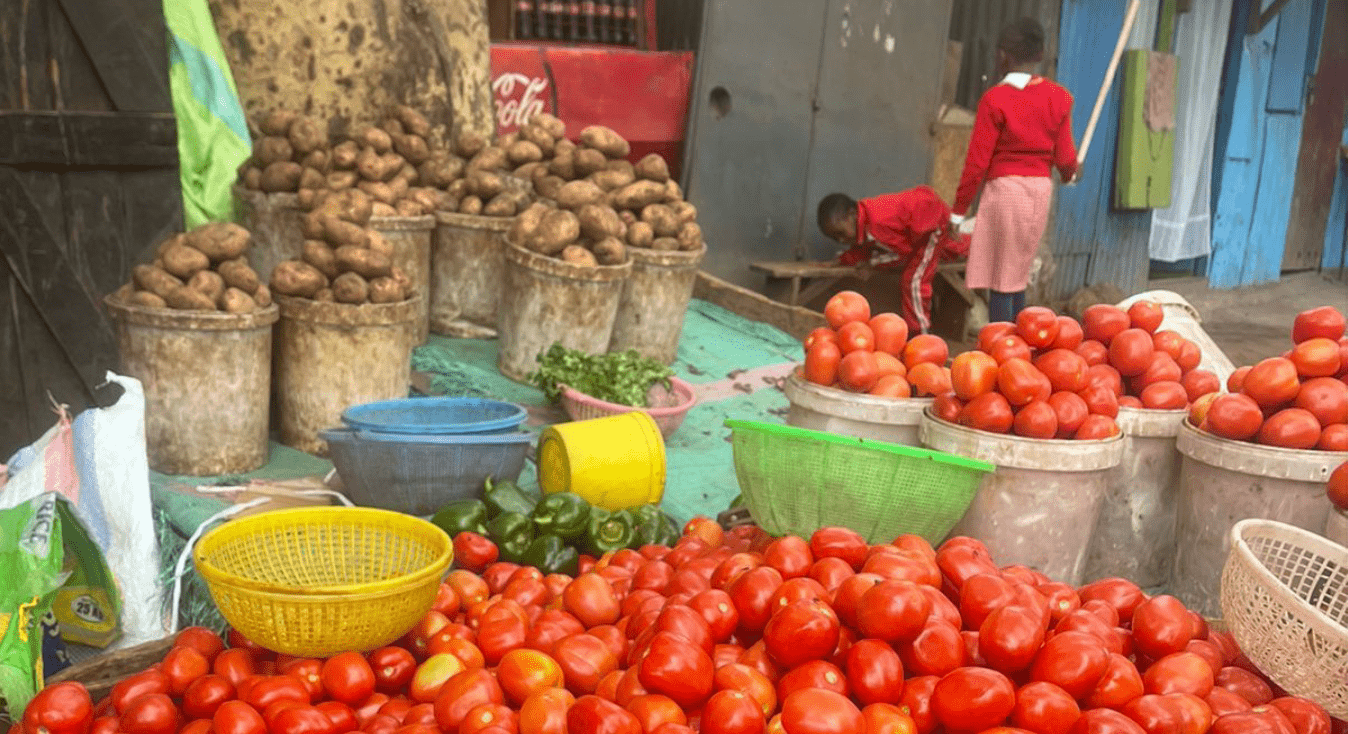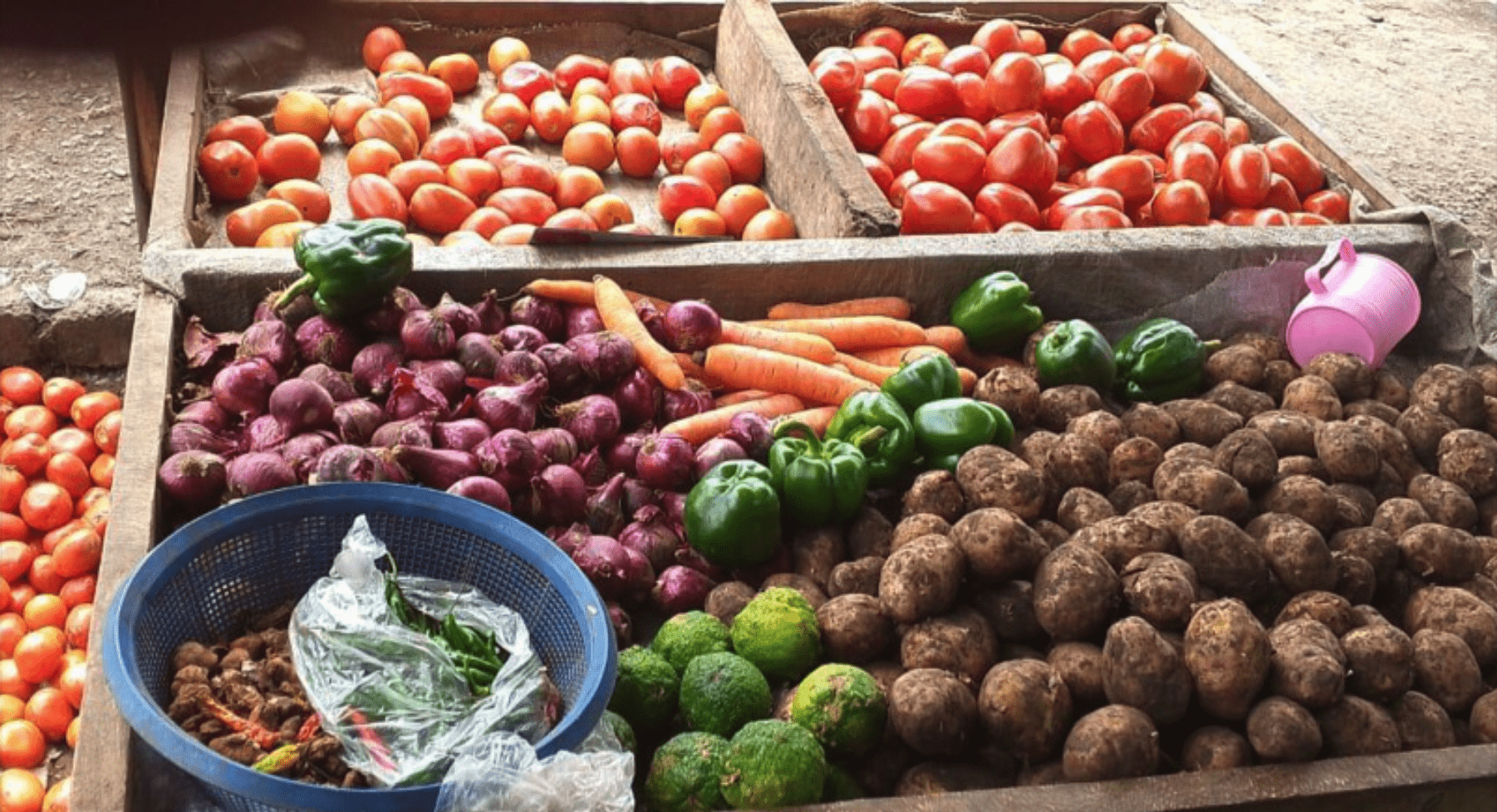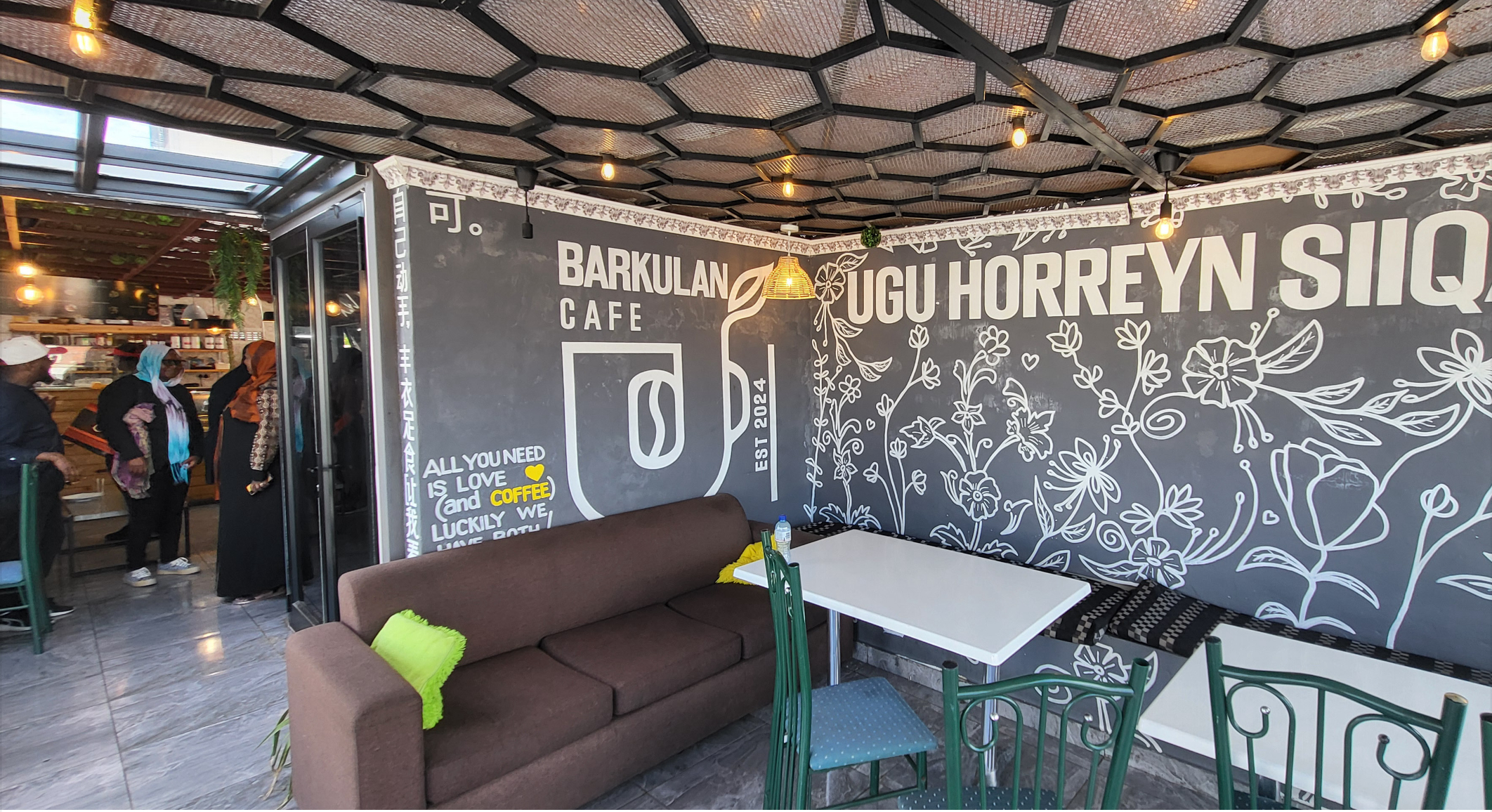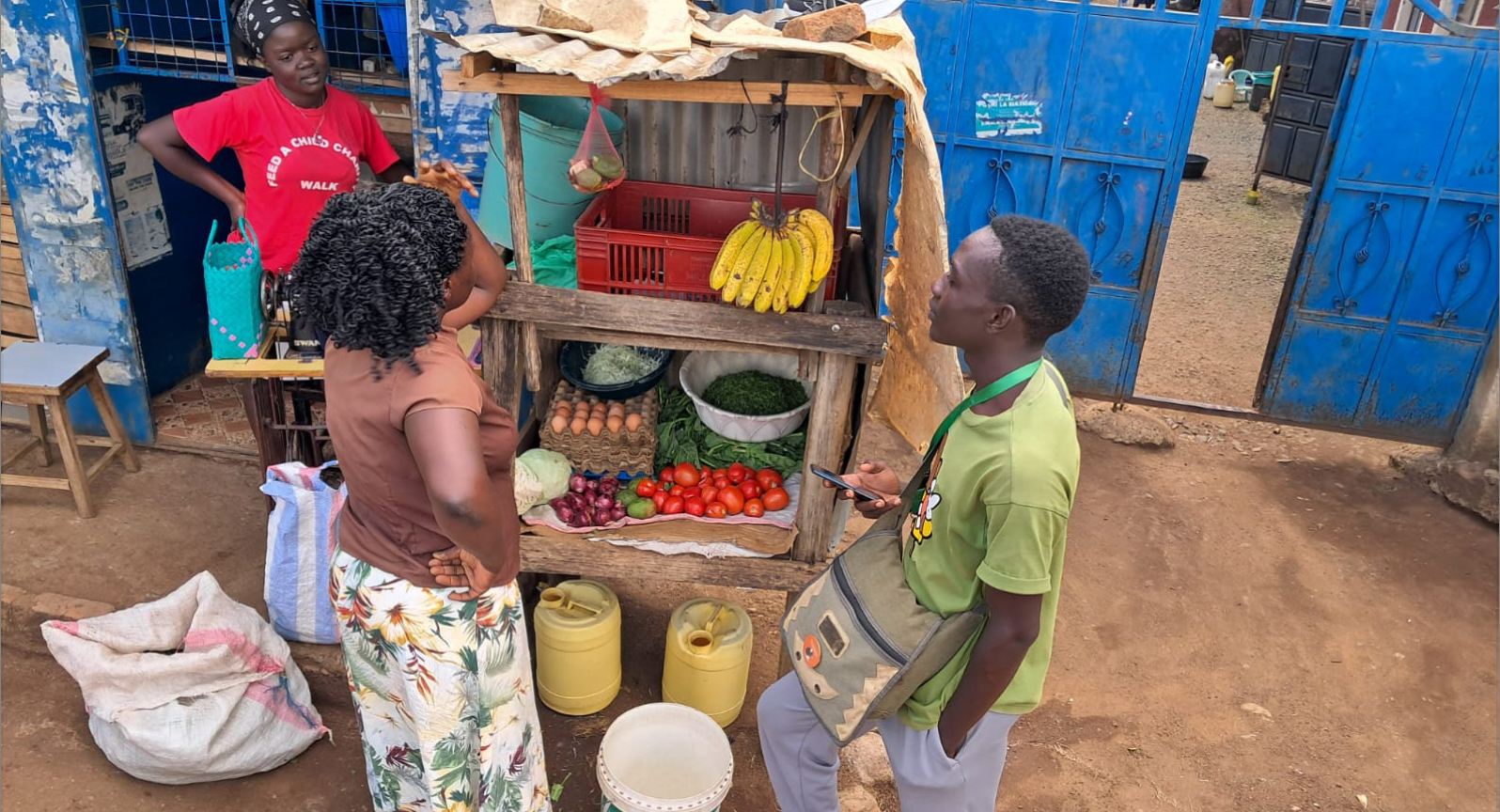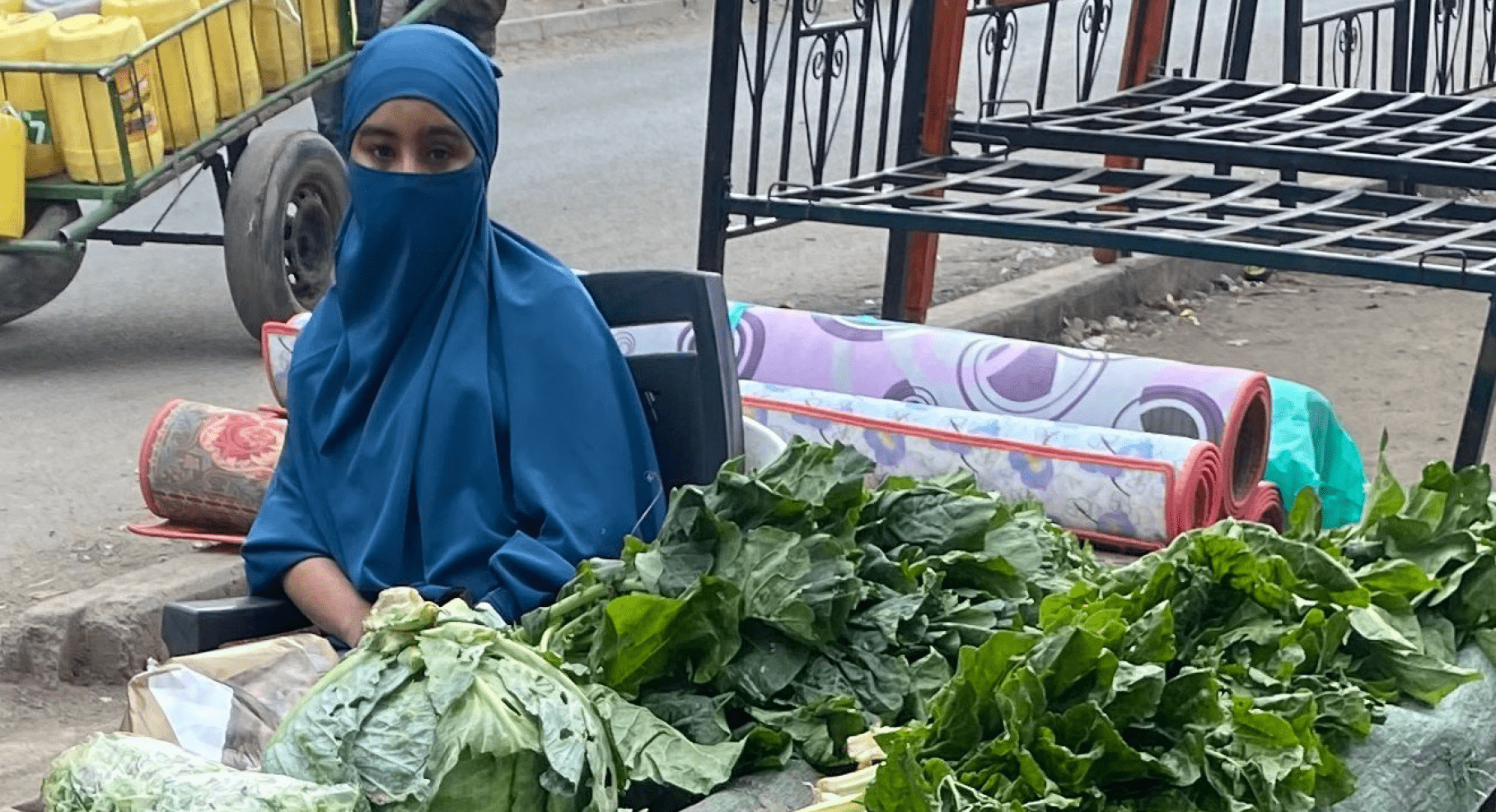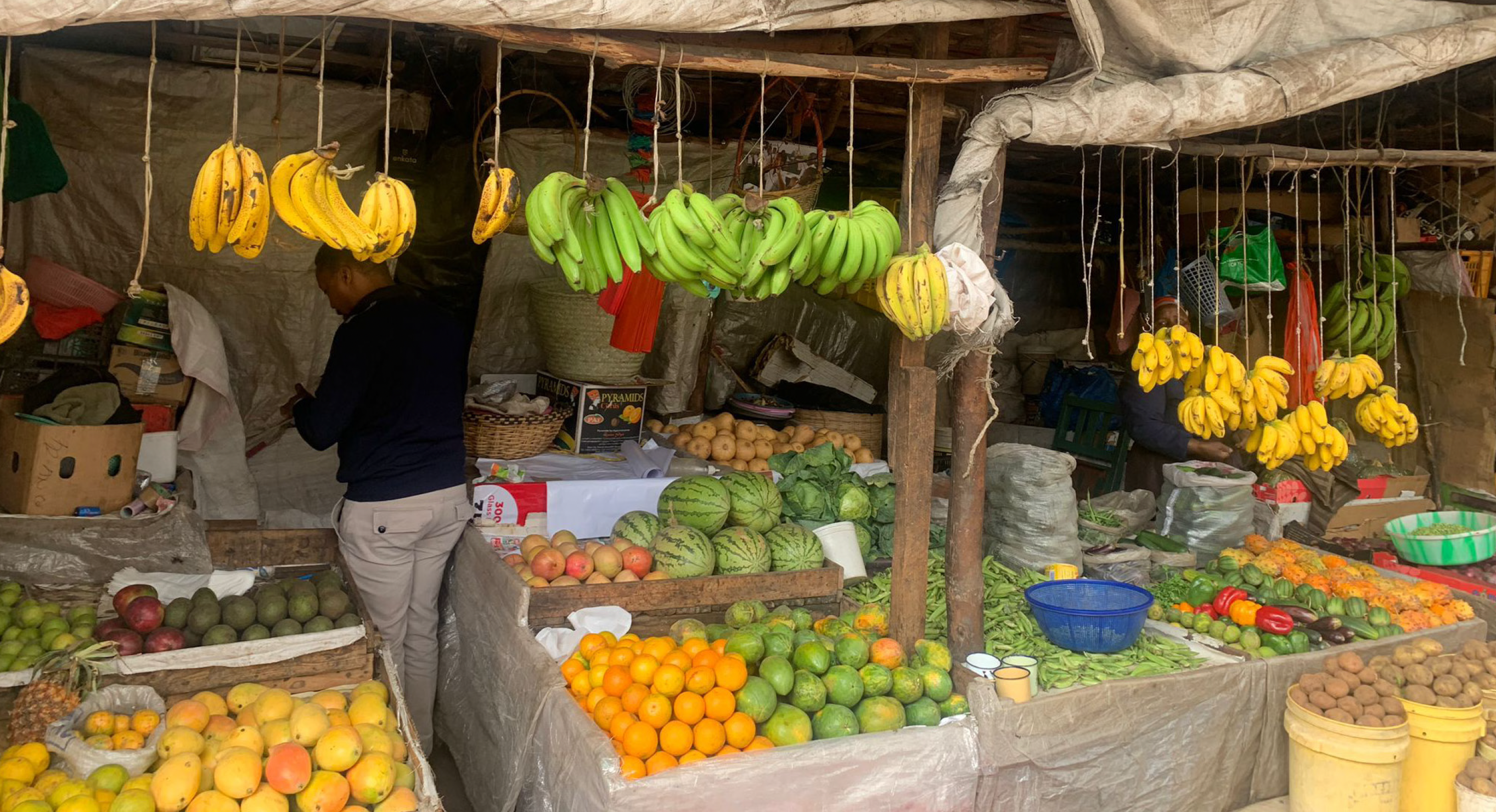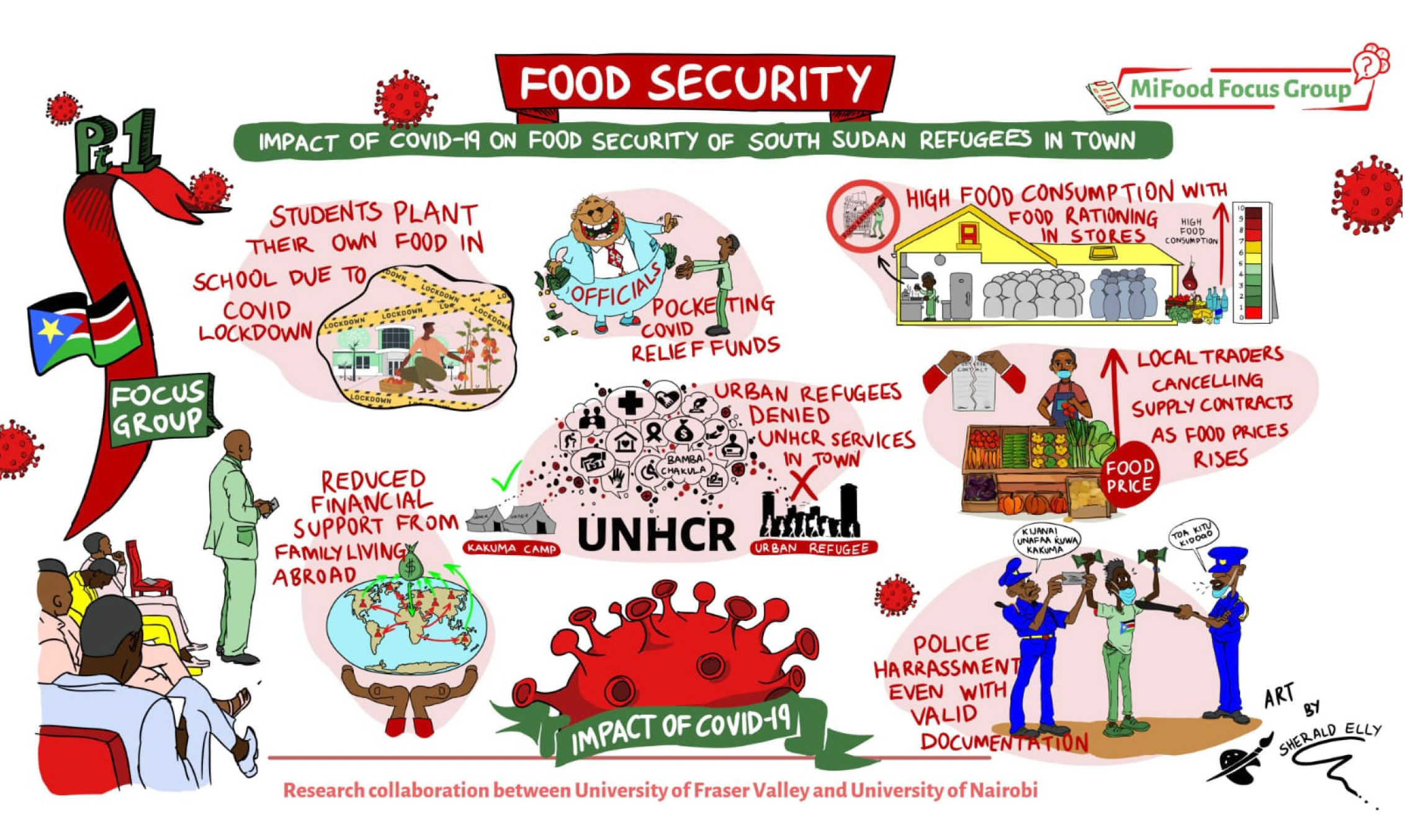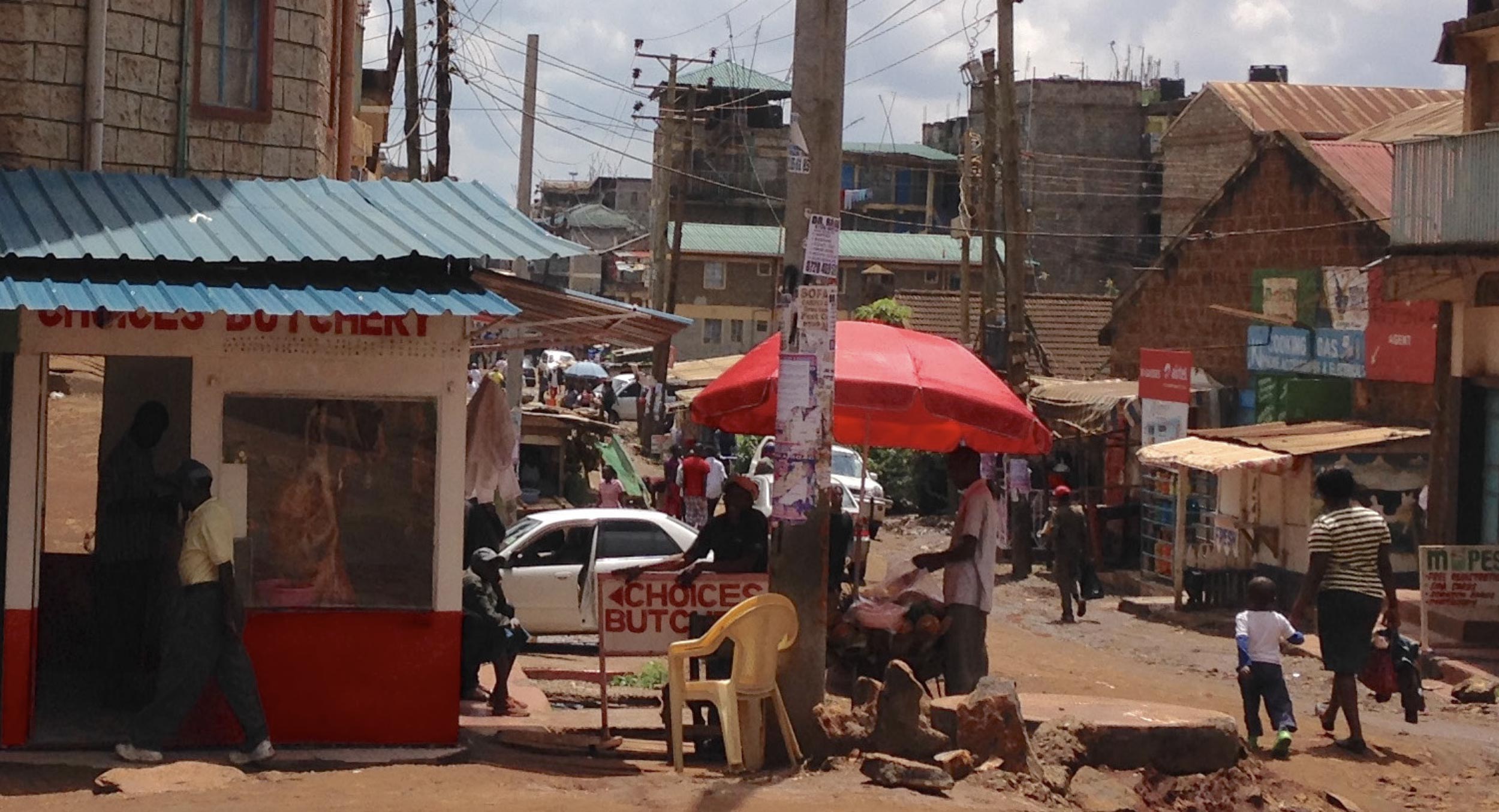KENYA
Nairobi, the capital and largest city of Kenya, is a dynamic metropolis with a population exceeding 4 million people. The city serves as a political, economic, and cultural hub, hosting various international organizations and diplomatic missions. Known as the "Green City in the Sun," Nairobi features a mix of modern skyscrapers, colonial-era architecture, and expansive green spaces. The city has a vibrant cultural scene, with numerous museums, markets, and a bustling nightlife.
Nairobi is also home to a unique and diverse food system. Nairobi households source food from both formal and informal food retail outlets as well as urban agriculture and rural food transfers (which are supported by the continued migration into the city). Nairobi also has a diverse food retail sector, incorporating multinational ethnic cuisines from around the world. Together these traits portray a dynamic urban food system in Nairobi.


